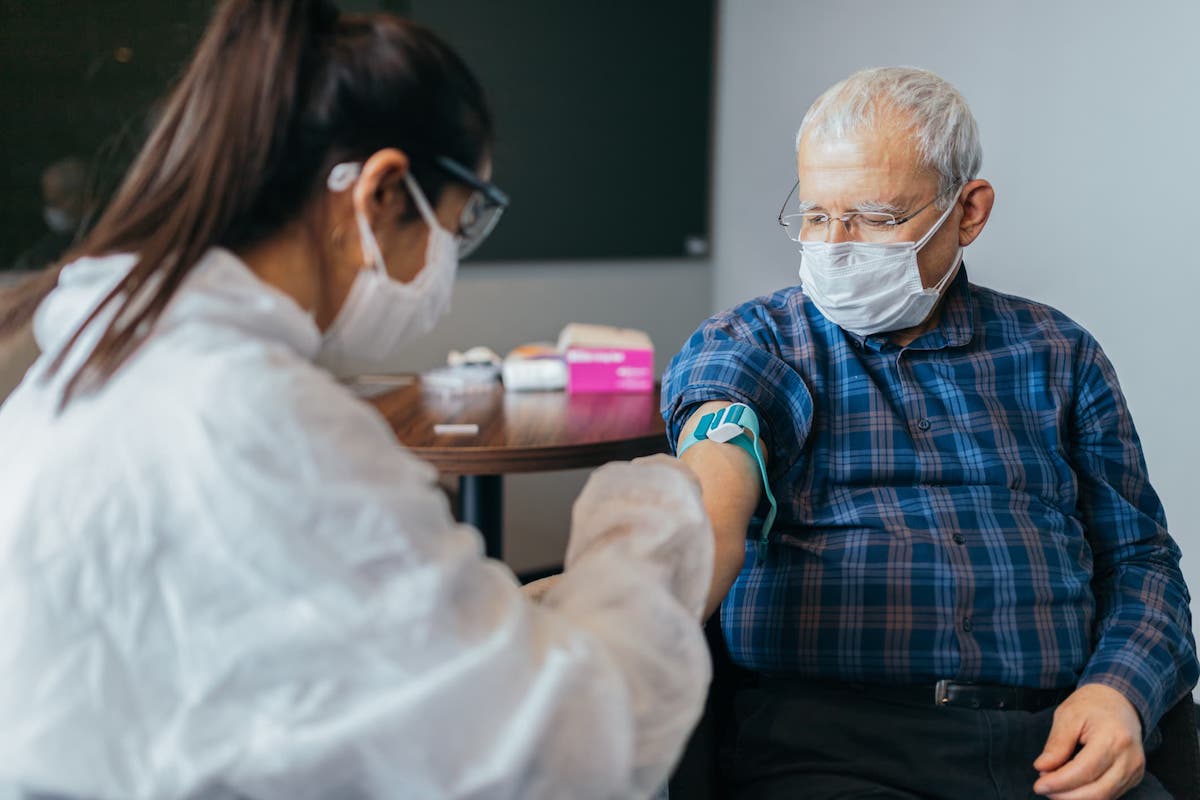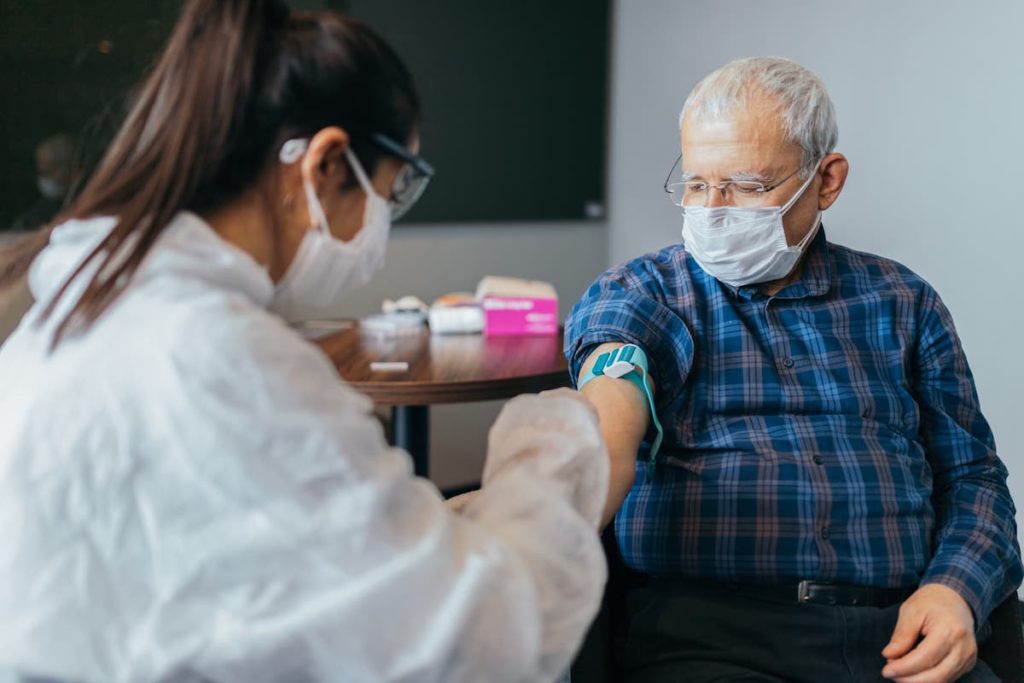The Covid-19 epidemic has reached a new phase with the Omicron version. According to the WHO Europe director, it may infect 60% of individuals in Europe by March and bring it to an end. Omicron strain was found in experiments to be more infectious than Delta. But it causes less severe infection in vaccinated persons. This has sparked long-awaited optimism during Covid-19. The shift from a pandemic to a more manageable endemic virus-like seasonal flu will bring things under control. This might strike the end of pandemic.
New Variants May Surge
According to the WHO, Omicron accounted for 15% of new cases in the WHO Europe area. This includes 53 nations, including many in Central Asia, as of January 18, compared to 6.3 per cent a week earlier.
“There will be a universal immunity for quite a several weeks and months. It will be either because of the vaccination. Or because individuals have immunity due to the virus, and also reduced seasonality,” he says. The current Omicron outbreak in Europe declines to lead to the end of the pandemic.
Concentrate on minimizing disturbance
Omicron is currently the most common form in the European Union and the European Economic Area. This statement was according to the EU health agency ECDC. To help control this situation, Kluge believes that the focus should be on “minimising disruption.
Minimize the use of hospitals, schools, and the economy, and focus great efforts on safeguarding the weak. Instead of preventing transmission. In the meanwhile, he encouraged everyone to take personal responsibility. “Stay at home if you don’t feel well and take a self-test. Isolate yourself if you’re positive “, he explained.
“Europe could be headed for pandemic endgame”
In a fresh hope, @WHO has said that the end of the pandemic in Europe is ‘plausible’ after the latest #Omicron variant.@SehgalRahesha tells you more
Watch more: https://t.co/AXC5qRuO3J pic.twitter.com/UVKubmq1BA
— WION (@WIONews) January 24, 2022
The aim, according to Kluge, was to stabilise the situation in Europe. The vaccination rates varied from 25 to 95 per cent of the population. It enhanced various degrees of a burden on hospitals and the healthcare system.
“Stabilizing means the health system is no longer overburdened by Covid-19. We can resume important health services, which have been severely affected in the areas of cancer, cardiovascular illness, and regular vaccinations.
Nearly 5.6 million people have died globally as a result of the epidemic, with 1.7 million in Europe.





